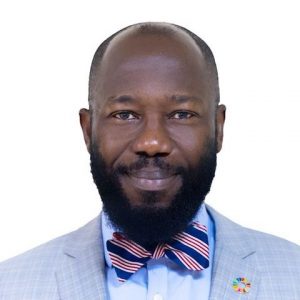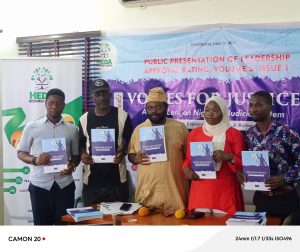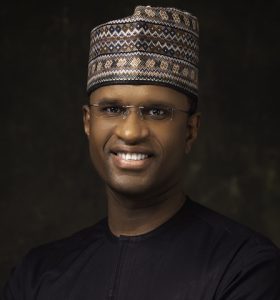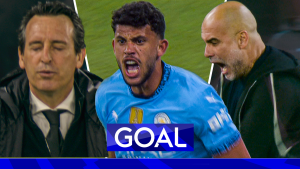Iran’s supreme leader praises paramilitary for crackdown on ‘rioters’ and ‘thugs’ | CNN

CNN
—
Iran’s Supreme Leader has praised the country’s Basij paramilitary force for its role in the deadly crackdown on anti-regime protesters.
Meeting with Basij personnel in Tehran Saturday, Ayatollah Ali Khamenei described the popular protest movement as “rioters” and “thugs” backed by foreign forces and praised “innocent” Basij fighters for protecting the nation.
The Basij is a wing of Iran’s Revolutionary Guard deployed to the streets as protests have swelled since September.
The protest movement was initially sparked by the death of 22-year-old woman Mahsa Amini in the custody of Iran’s morality police.
Amnesty International says the Basij have been ordered to “mercilessly confront” protesters.
“When facing the enemy on the field of battle the Basij has always shown itself to be courageous, not afraid of the enemy,” the Supreme Leader said Saturday.
“You saw in the most recent events, our innocent and oppressed Basijis became the targets of oppression so that they wouldn’t allow the nation to become the targets of rioters and thugs and those on the [enemy] payroll, whether wittingly or unwittingly. They gave of themselves to free others,” Khamenei said.
Khamenei’s words come days after United Nations High Commissioner for Human Rights Chief Volker Turk warned Iran is in a “full-fledged human rights crisis” due to the clampdown on anti-regime dissidents.
Member states of the UN Human Rights Council passed a motion titled “the deteriorating situation of human rights in Iran especially in respect to women and children” on Thursday, forming a fact-finding mission probing Iran’s human rights violations during nationwide protests over the past months.
Turk called for “independent, impartial and transparent investigative processes” into the violations of human rights in Iran during the special session, telling the 47-member states council in Geneva that security forces have reportedly responded to protests by using lethal force against unarmed demonstrators and bystanders who posed “no threat.”
More than 14,000 people, including children, have been arrested in connection with the protests, according to Turk. He said that at least 21 of them currently face the death penalty and six have already received death sentences.
Among those arrested are two well-known Iranian actors, Hengameh Ghaziani and Katayoun Riahi, who were taken into custody on separate occasions for publicly backing the nationwide protests, according to the semi-official Tasnim News Agency.
The Islamic Republic has been gripped by a wave of anti-government protests sparked by the death of Amini allegedly for not wearing her hijab properly.
Authorities have since unleashed a deadly crackdown on demonstrators, with reports of forced detentions and physical abuse being used to target the country’s Kurdish minority group. In a recent CNN investigation, covert testimony revealed sexual violence against protesters, including boys, in Iran’s detention centers since the start of the unrest.
The unprecedented national uprising has taken hold of more than 150 cities and 140 universities in all 31 provinces of Iran, according to Turk.
The violent response of Iran’s security forces toward protesters has shaken diplomatic ties between Tehran and Western leaders.
The White House on Wednesday imposed its latest round of sanctions on three officials in Iran’s Kurdish region, after US Secretary Antony Blinken said he was “greatly concerned that Iranian authorities are reportedly escalating violence against protesters.”
During an interview with Indian broadcaster NDTV on Thursday, Iranian Deputy Foreign Minister Ali Bagheri Kani said foreign powers were intervening in Iranian internal affairs and creating “fallacious narratives.”
CNN’s Mostafa Salem, Sana Noor Haq, Jomana Karadsheh and Niamh Kennedy contributed to this report.







